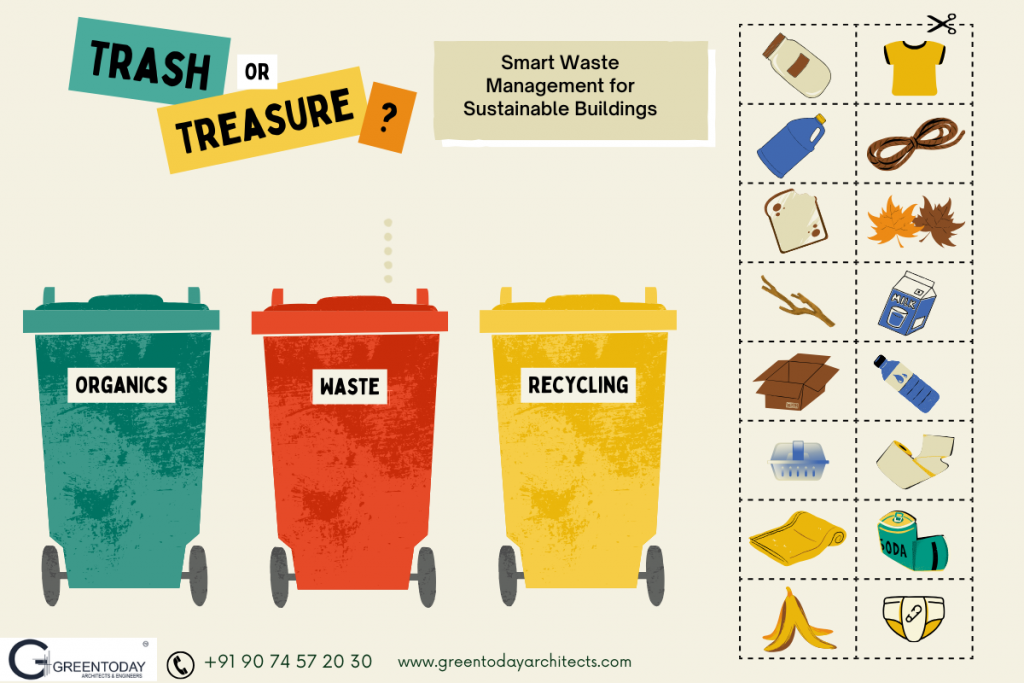GreenToday Architects, a distinguished architecture and construction firm based in Kerala, stands out as a trusted name for anyone seeking expert advice on waste management. We have been in the forefront for more than a decade in architecture, or construction solutions also. With over ten years of experience, the firm has built a global reputation, crafting everything from stylish residential villas and upscale apartments to expansive commercial complexes, office buildings, shopping centers, educational facilities, government buildings, and even high-end hotels and resorts. Each project reflects GreenToday’s commitment to exceptional quality, aesthetic finesse, and rigorous safety standards.
The driving force behind GreenToday Architects is Mr. Faizal M Asan, a senior civil engineer whose impressive portfolio extends across India and the Middle East. His vision and expertise, along with a dedicated team of architects, engineers, contractors, and skilled workers, fuel the company’s continued growth and success.
GreenToday Architects oversees every stage of the building process, handling tasks such as land acquisition, soil testing, architectural design, construction, and both interior and exterior design. We specialize in advanced offerings like home automation, eco-friendly building practices, biophilic design, and integrated waste management systems. With a firm commitment to quality and ethical business practices, GreenToday Architects has built a strong, loyal client base that frequently recommends our services. To ensure ongoing satisfaction, the company provides a one-year warranty and continuous support for completed projects, securing our reputation as a trusted partner in construction for the long term.


